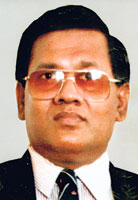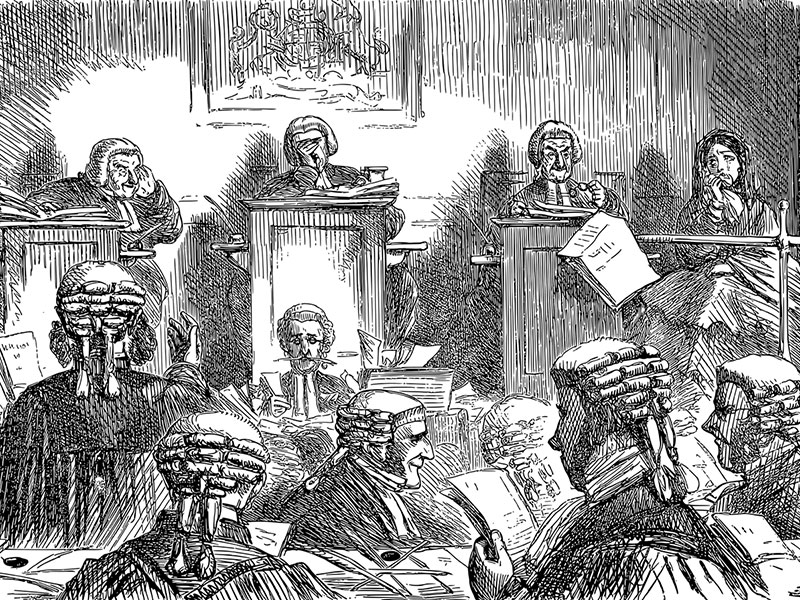Chilling Murder in a Sri Lankan Courtroom

The shocking assassination of underworld figure Ganemulle Sanjeeva inside the Colombo Magistrate’s Court No. 05 sent shockwaves through Sri Lanka’s judiciary. The killer, disguised as an undercover police officer, entered the courtroom, shot Sanjeeva five times, calmly placed the pistol on the floor, and walked out unchallenged. Witnesses, including lawyers and police officers, described the horror as the courtroom turned into a crime scene. The judge, visibly shaken, was found taking cover under the bench before being escorted to safety.
The Ongoing Threat to Judicial Security
This brazen attack highlights the alarming vulnerabilities in courtroom security. If a high-profile murder can occur inside a secured judicial environment, it raises critical concerns about the safety of judges, lawyers, and witnesses involved in cases against dangerous criminals. The ease with which the assassin entered and exited the premises without resistance underscores the urgent need for heightened security measures.
A Grim Reminder: The Assassination of Judge Sarath Ambepitiya

This is not the first time Sri Lanka has witnessed such violence against its judiciary. On November 19, 2004, Colombo High Court Judge Sarath Ambepitiya was assassinated in broad daylight. His murder was orchestrated by a drug lord he had sentenced, sending shockwaves through the nation. The killing prompted a national crackdown on organized crime, underscoring the dangerous reality that judges face when presiding over high-stakes cases.
Global Perspective: Judges Under Siege
Around the world, judicial assassinations have been used as a tool to instill fear and disrupt legal systems. In Mexico, drug cartels have targeted judges who rule against them. Italy’s mafia has a long history of assassinating magistrates, such as the infamous killings of Giovanni Falcone and Paolo Borsellino. Even in the United States, judges have been attacked in retaliation for their rulings. These incidents highlight a disturbing global trend where criminals attempt to weaken justice by eliminating those who uphold it.
The Psychological Toll on the Judiciary
The constant threat of violence has a profound psychological impact on judges and legal professionals. Fear of retaliation can influence judicial decisions, leading to leniency in sentencing or reluctance to take on high-profile cases. This erosion of judicial independence ultimately weakens the rule of law and emboldens criminal networks.
Strengthening Courtroom Security: The Way Forward
In the wake of these attacks, there is a growing demand for robust security measures in courts. Some key recommendations include:
Strict Access Control – Only authorized personnel should be allowed inside courtrooms, with thorough security screening at entry points.
Armed Security Presence – Increased police or military presence in high-risk courtrooms can deter potential attacks.
Secure Holding Areas – Defendants in serious criminal cases should be held in reinforced enclosures to prevent sudden attacks.
Surveillance Systems – Enhanced CCTV monitoring and real-time threat detection can improve situational awareness.
Judge Protection Programs – Special protection units for judges handling high-profile cases can reduce the risk of targeted assassinations.
The Fight for Justice Continues
The assassination of Ganemulle Sanjeeva and the haunting memory of Judge Sarath Ambepitiya serve as grim reminders that the battle against organized crime is far from over. Ensuring the safety of the judiciary is essential to maintaining the rule of law and upholding justice. Without urgent reforms, criminals will continue to exploit security gaps, turning courtrooms into battlegrounds of fear rather than halls of justice.







